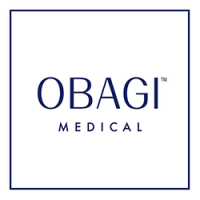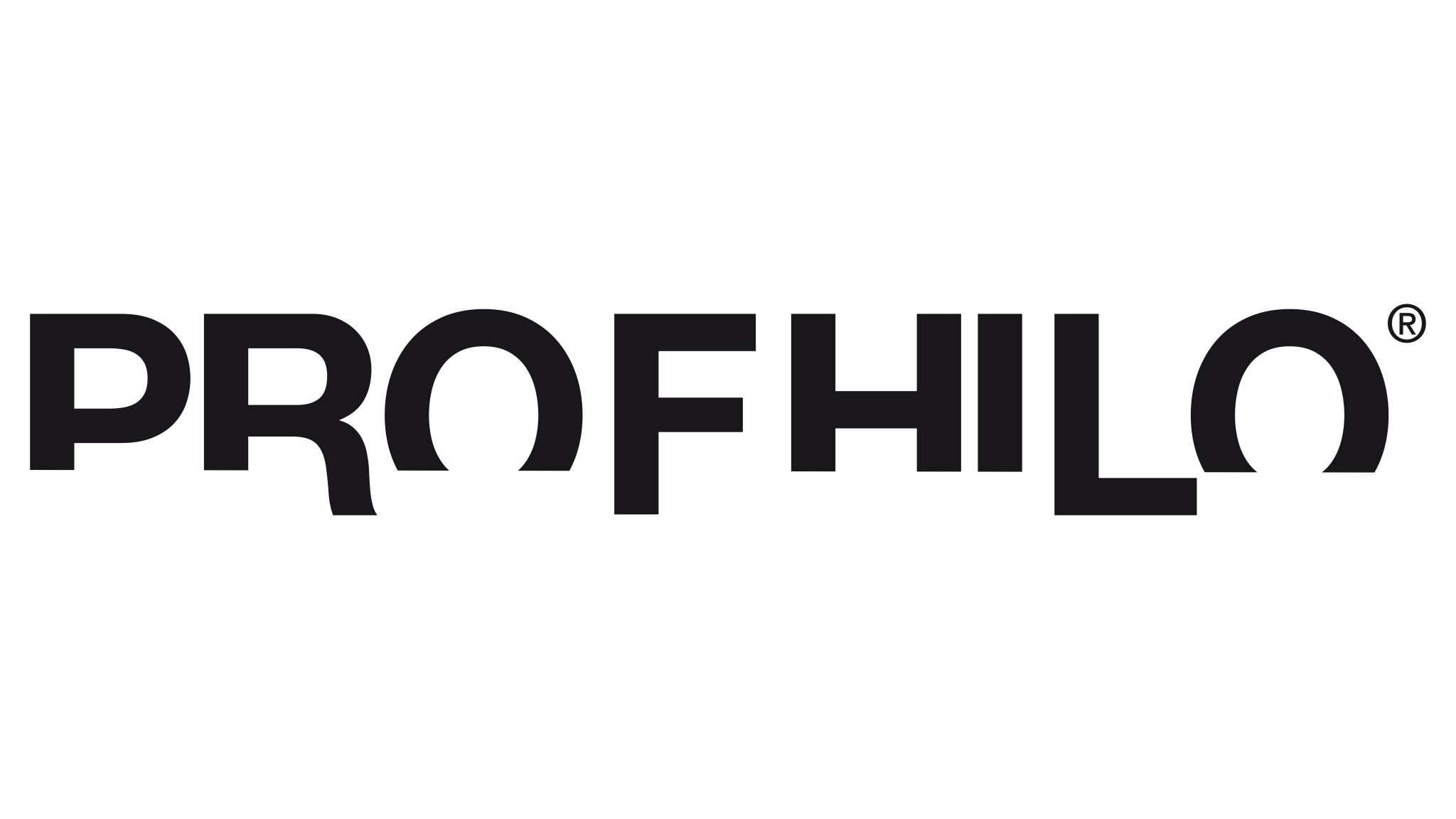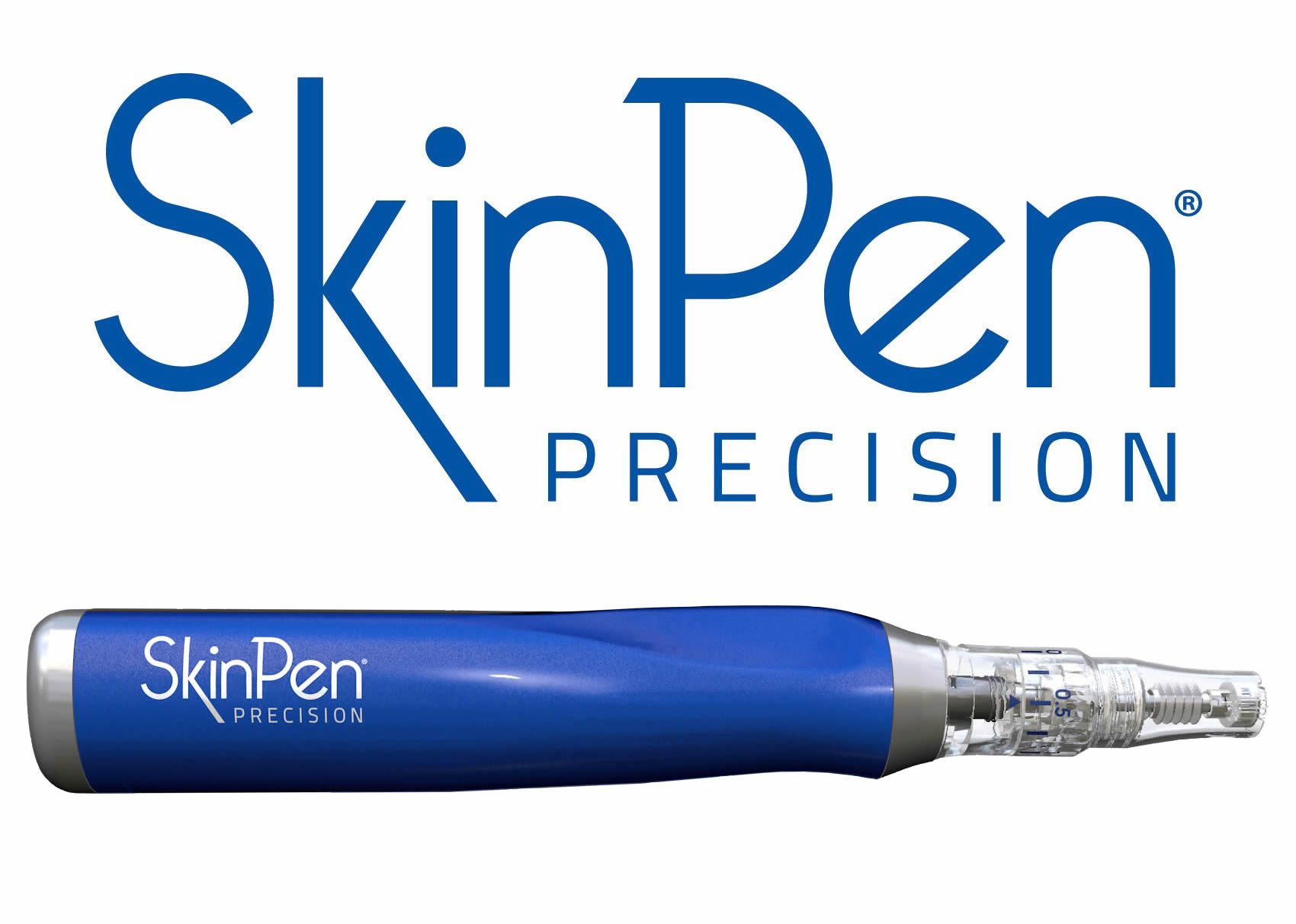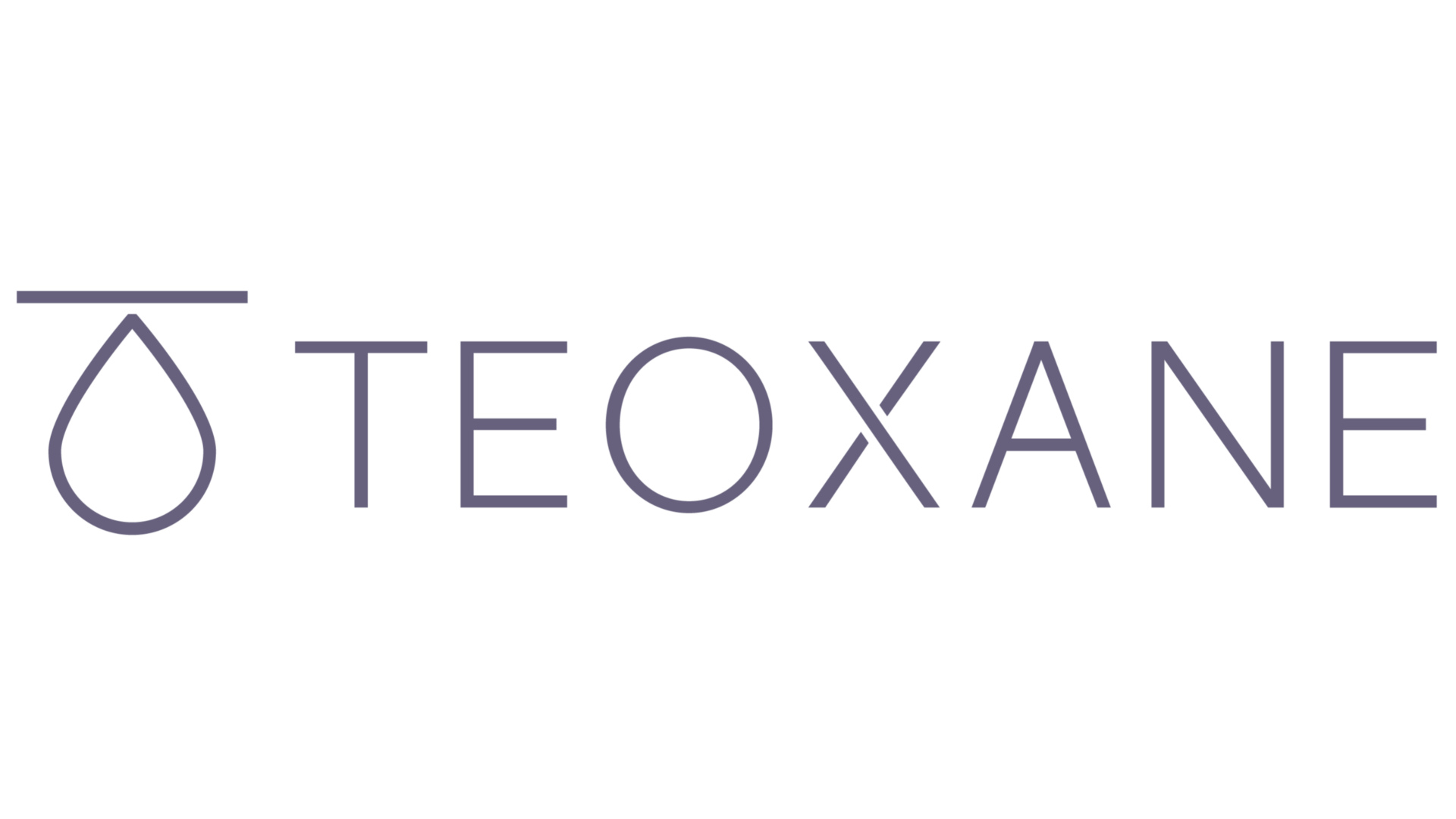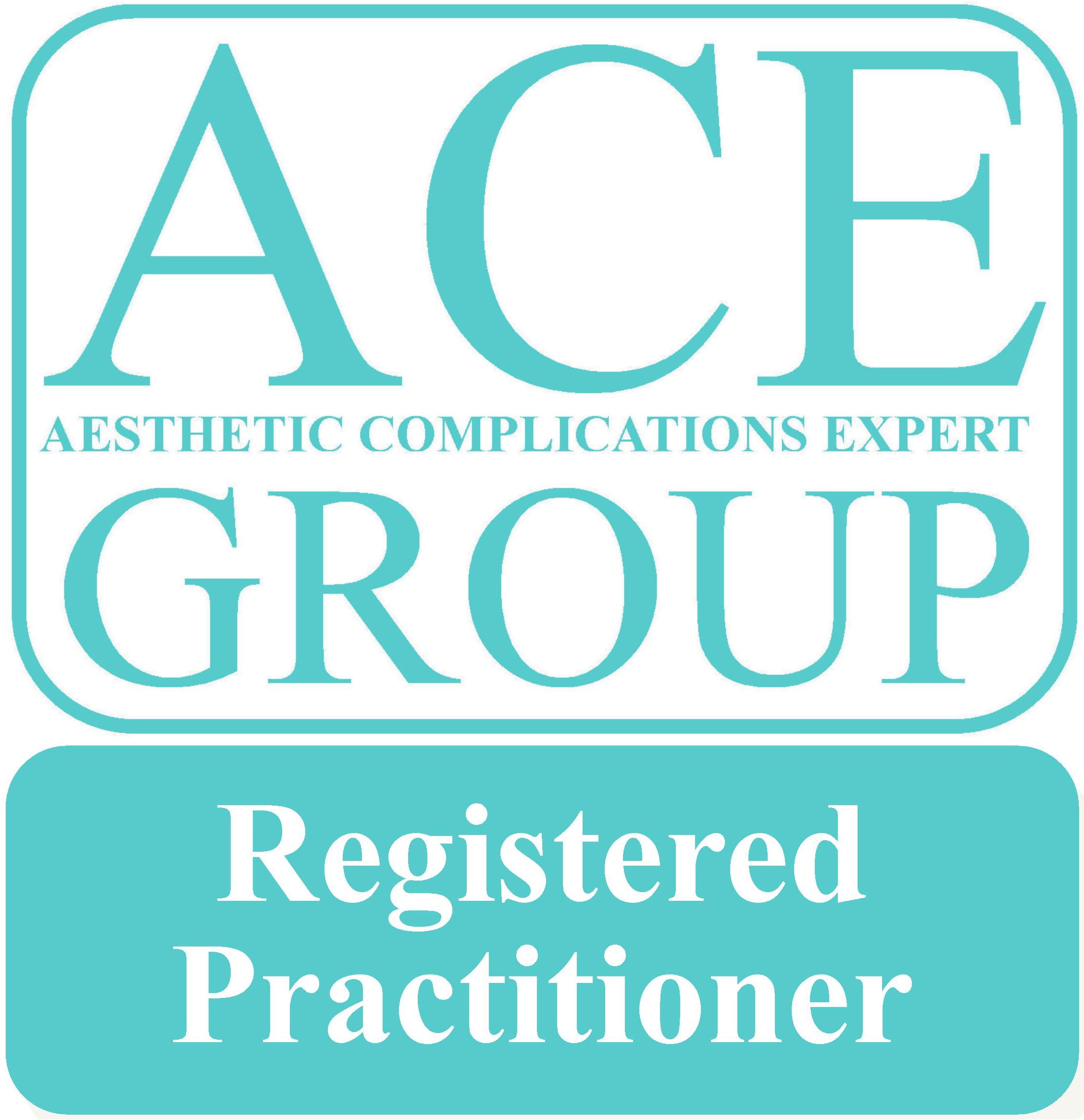As we move into a more sustainable world, many cosmetics brands are introducing an organic, natural skincare range. This seems to be creating a division between products containing synthetic or active ingredients and those that are claimed to be natural, with the emphasis on the latter being ‘better’.
With a myriad of natural and synthetic skincare products to choose from, it is important to understand what ingredients you are putting on your skin in order to make informed choices. What does it all mean and does it actually make a difference?
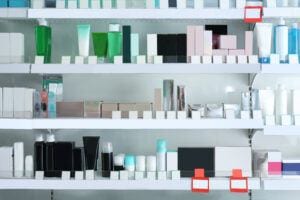
Natural suggests that the products are formulated with ingredients found in nature, often from plants, such as botanicals, herbs and essential oils, and are chemical-free. Products with synthetic ingredients are generally formed in a laboratory, modifying either plant-based ingredients, and/or chemical (active) ingredients.
You may be wowed by the idea of using products that are natural, or assert to be organic, vegan, synthetic-free, or plant based, however the reality is, when it comes to natural ingredients, there is very little regulation on what a product must contain in order to qualify for ‘natural.’ Essentially any company can claim a product is natural on its label, creating their own set of rules, which may or may not have real credibility. Unless a brand explicitly states that a product is 100% ‘natural’, it has no obligation to only use materials of natural origin. It can formulate a skincare formula containing both natural and synthetic ingredients, and still call it ‘natural.’ Equally, because there is minimal regulation, there are also fewer trials into the effectiveness of the product.
The biggest mistake some people make is to think that natural skincare is somehow safer. Botanicals, herbs and essential oils can also cause irritation and allergies on skin, think of poison ivy, for example. Not everything that’s made with plant-based ingredients is beneficial, and not all products containing synthetic or active ingredients are harmful to your skin.
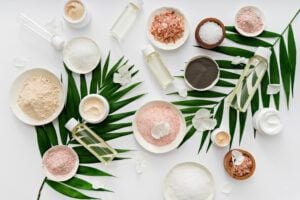
Both natural and chemical-based skincare have their benefits and the fact that everyone’s skin reacts differently to various ingredients means that it is a matter of personal preference. The products also behave differently so will have varying effects on your skin – natural products may take longer to produce the results you are after but if you have very sensitive skin, or are pregnant/breast feeding, then this may be more appropriate for you. Equally, if you have a skin concern such as acne, rosacea, pigmentation issues, etc, then realistically will need skincare products with active ingredients that have proven results.
A lab-based skincare is formulated by replicating the substances that are natural to your body, such as hyaluronic acid, making them easily absorbed and processed by your body when applied. It can also increase the concentration of such ingredients making them more effective than their natural counterpart. Some of the key active ingredients that synthetic skincare uses ‒ retinol, hydroquinone, or vitamin C for example ‒ are not found in plants. Therefore they are formed using science to create a product that both corrects and protects your skin.
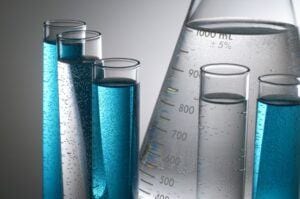
If you suffer from skin conditions such as hyperpigmentation, acne or rosacea, there are some active ingredients that can really make a difference to your complexion because of their potent formulation. These formulations have been clinically proven involving hundreds, if not thousands, of individuals, of varying ages and different ethnic backgrounds. This is why they will work!!
As a doctor, I would always advise to look for products that have been scientifically proven. I have chosen to partner with Obagi, a company I trust and whose products have shown significant results when treating premature skin ageing, acne, hyperpigmentation, sun damage, melasma and other skin concerns. They are the worldwide number 1 doctor-recommended skin care range. Their products are safe effective.
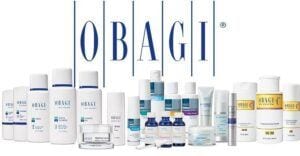
What are the top 5 active ingredients you should include in your skincare regimen?
- Vitamin C
L-ascorbic acid, known more commonly as Vitamin C, when applied topically, is a great skin booster due to its potent antioxidant properties. Products containing vitamin C will help you improve your skin’s texture, smooth fine lines and wrinkles and restore a healthy glow.
The Obagi-C RX System contains a high strength of vitamin C, ranging from 10-20%, and the prescription-only active ingredient, hydroquinone. The hydroquinone works to even out skin tone and reduce hyperpigmentation, while the vitamin C acts as a powerful antioxidant to protect skin from free radicals and stimulate the production of collagen.
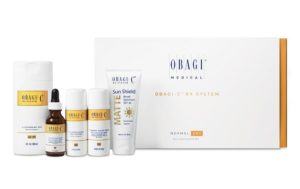
2. Zinc Oxide
This is a white, powdery mineral which is used in cosmetic products, particularly in sunscreen lotions as it creates a shield over the skin and protects it from harmful ultraviolet radiation. It works by deflecting both UVA and UVB rays off of your skin, preventing sunburn and the premature ageing of skin.
You should include a high factor sunscreen as an essential part of your daily skincare routine all year round.
Obagi has a wide range of sunscreen products, all of them containing zinc oxide. They come in different SPF grades and tints to match your skin tone and keep you fully protected.
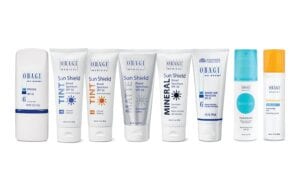
Retinoids (used in prescription-only products) and retinol (found in over-the-counter products) are both vitamin A derivatives that are used to promote skin cellular renewal in your body. The only difference is the concentration of the active ingredient, Retinoic Acid. In products containing retinoids, this is higher and therefore more potent, so it acts more quickly. Therefore you will see drastic improvement in your skin over a shorter period of time if using a prescription strength retinoid (such as tretinoin), however the initial side effects (dryness, redness, skin flakiness) may be greater during the first 2-3 weeks of use.
When applied, retinoids get converted by skin enzymes into retinoic acid. This encourages your skin to peel and remove the dying cells from the surface, accelerating the appearance of new, smooth skin underneath.
The Obagi 360 System contains 1% retinol, making it a great option for dull, tired or blemish-prone skin. It can be used to treat wrinkles as well as acne. Its effective formula unclogs pores, brightens skin tone and boosts collagen production, resulting in clearer, firmer and smoother complexion. Alternatively 0.025-0.1% tretinoin can be used alongside any Obagi skincare system to reduce the signs of ageing (such as fine lines and wrinkles), improve acne breakouts and reduce scarring, and generally revitalise your skin texture and tone.
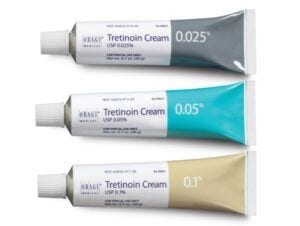
- Hyaluronic acid
Hyaluronic acid is a substance that occurs naturally in the human body. It works as a magnet for moisture, helping your cells retain as much of it as possible so that your skin feels and appears hydrated, plump and healthy.
Products containing hyaluronic acid replicate its natural mechanism, so when topically applied on to your skin, they have the ability to regulate and bind the moisture within the cells, delivering gentle hydration to your skin throughout the day.
Hyaluronic acid also has antioxidant properties, which means it can act like a shield against free radicals like pollution and other aggressors.
Products within the Obagi Nu Derm, Obagi C RX and Obagi 360 retinol also contain hyaluronic acid.
Profhilo, an injectable treatment, contains the highest concentration of hyaluronic acid currently available on the market. Therefore results are even greater, with your skin looking and feeling so much healthier. Profhilo is an exclusive skin remodelling treatment designed for individuals with ageing skin that is lacking volume and elasticity. By stimulating the production of collagen and elastin through the slow release of hyaluronic acid, Profhilo significantly improves the appearance of fine lines and wrinkles and helps to increase skin hydration and firmness. You can read more about Profhilo on my blog, or contact me to make an appointment.
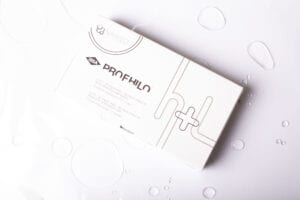
- Salicylic Acid
Being a beta hydroxyacid (BHA), salicylic acid is known for its antibacterial properties and hence used in skincare to exfoliate and unclog pores. Once it penetrates the skin, salicylic acid is so potent that it breaks down the bonds between skin cells, dissolving the skin debris that clogs pores and acting as an anti-inflammatory to help clear and repair skin.
This breaking down of skin cells also promotes exfoliation, causing the sloughing of the top layer of skin cells and as a result, promoting the appearance of new, healthy skin.
The Obagi CLENZIderm system is specifically formulated with salicylic acid to help acne-prone skin unclog pores, eliminate bacteria and restore its health.
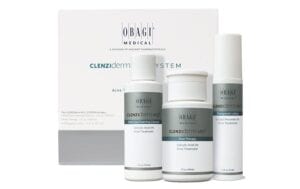
For me, these power player active ingredients form the foundation of a good, all-round skin care. There are, of course, other active ingredients that can also prove to be beneficial in your skincare routine, and a role for ‘natural’ ingredients too. Just remember that natural doesn’t necessarily mean organic or vegan, and that results may not be as effective or take a long time to achieve. Equally, active/chemical-based skincare products aren’t necessarily bad, they can be transformative for your skin if used in the right formulation, and as part of your skincare regime.
For further information on the Obagi range, or about other Obagi active ingredients, head over to my blog now! It is never to late to improve your skin health, reverse damage already done, and to look your best!
If you would like to find out more about how Obagi can help you transform your complexion by restoring its health and radiance, or to make an appointment for Profhilo treatment, click here to book your free consultation.




